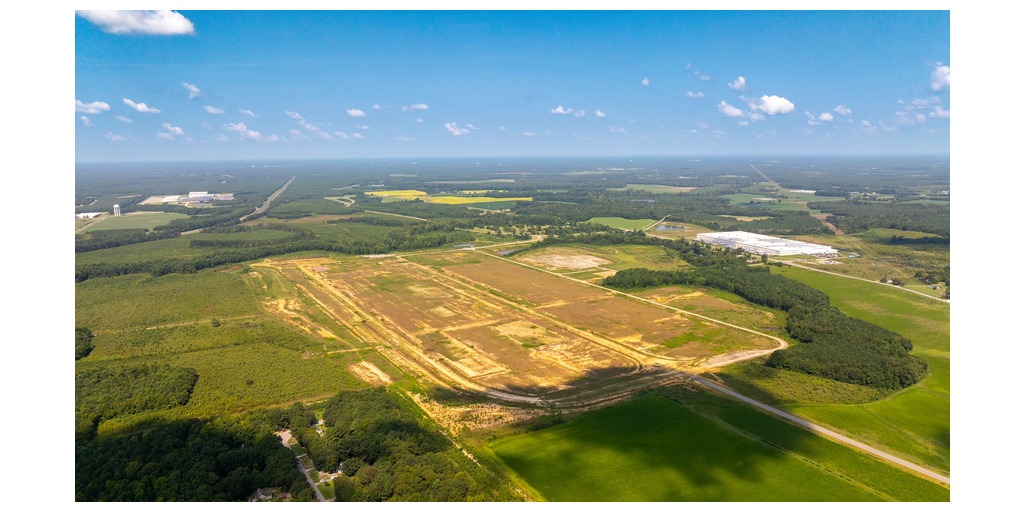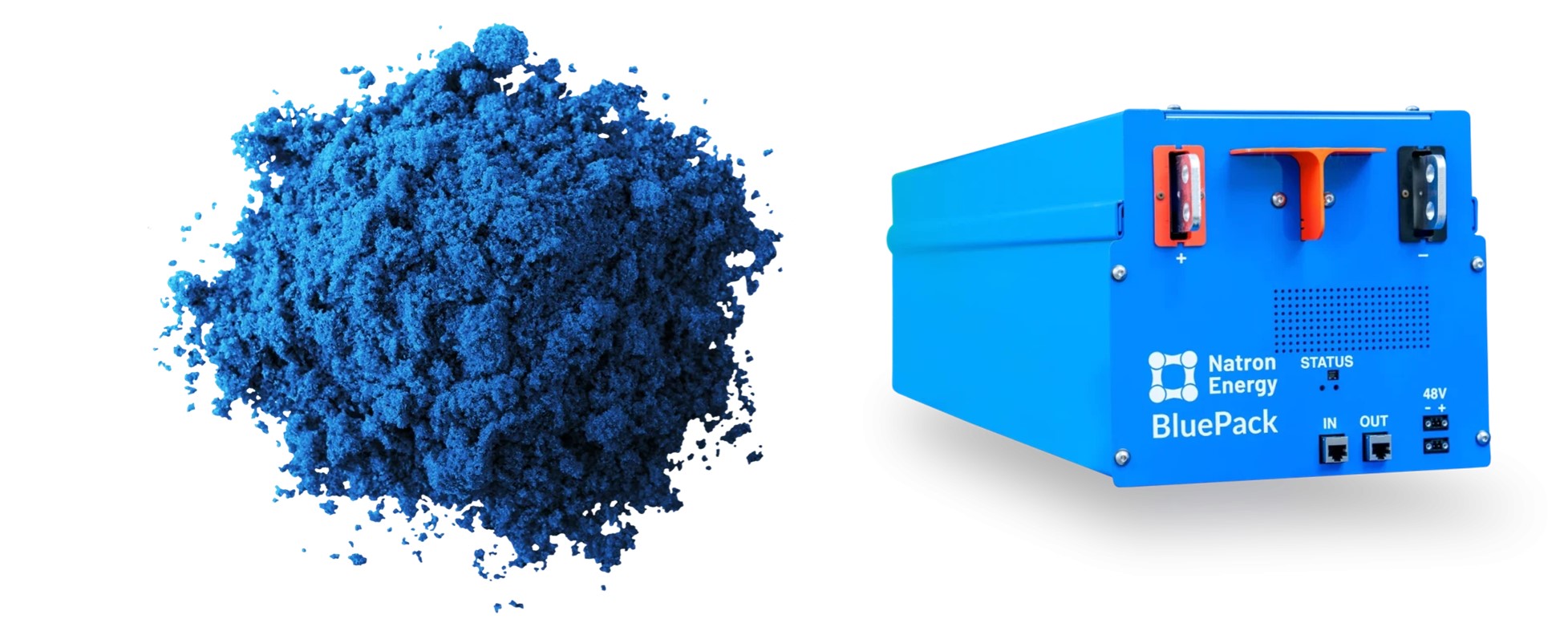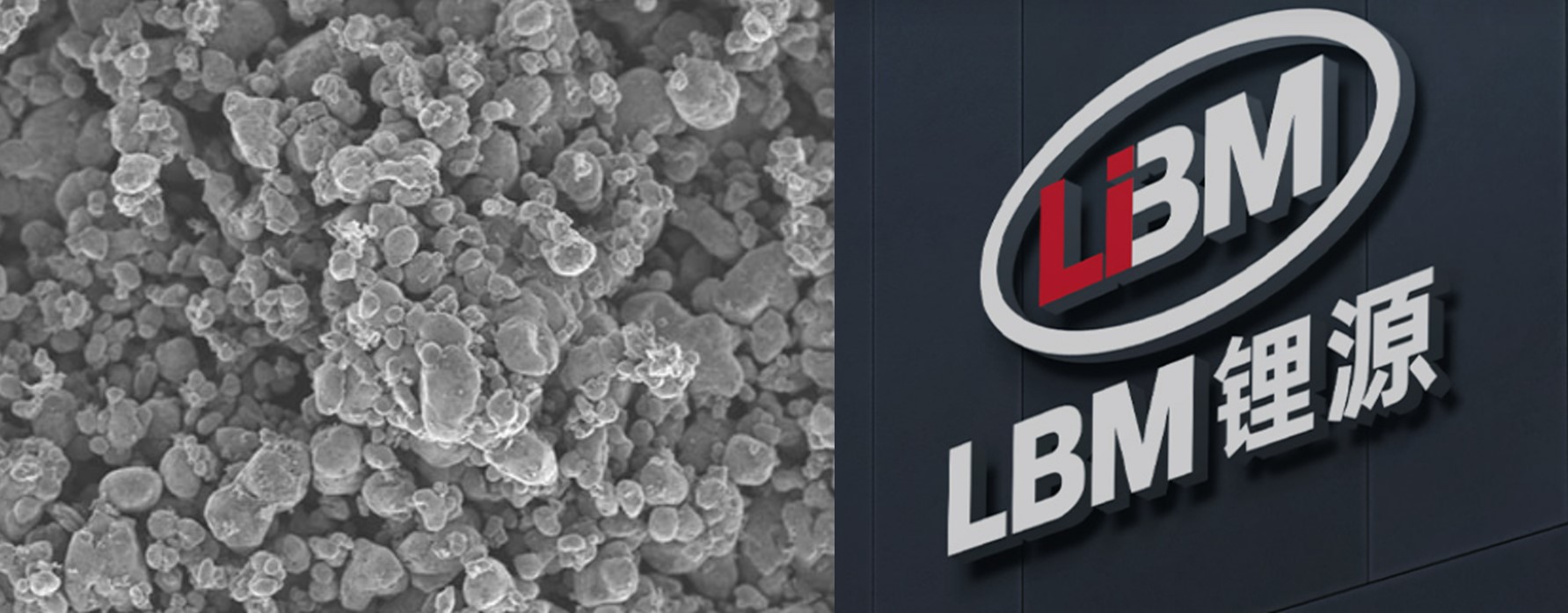Recently, Natron Energy, a U.S.-based sodium-ion battery company, announced plans to invest nearly $1.4 billion in Edgecombe County, North Carolina, to build a sodium-ion battery plant with an annual production capacity of 24 GWh. Some of the funding will be supported by the North Carolina Job Development Investment Grant (JDIG). If constructed and operational, the plant is expected to create over 1,000 local jobs and generate an economic output of $3.4 billion over the next 12 years.

Natron claims that its high-performance sodium-ion batteries outperform lithium-ion batteries in terms of power density and charging speed, with superior fast-charging and cycling capabilities, and lower internal resistance. The company's battery chemistry exhibits zero strain during charge and discharge cycles, is 10 times faster than traditional lithium-ion batteries, and has a cycle life exceeding 50,000 times. Moreover, as is well known, sodium-ion batteries do not require strategic metal mineral resources such as lithium, cobalt, copper, and nickel, and they are less prone to fire.
Natron's sodium-ion batteries are made from materials such as aluminum, iron, manganese, and sodium electrolyte, serving as a beneficial alternative and complement to lead-acid and lithium-ion batteries. The company's unique and patented Prussian blue sodium-ion battery products offer a range of industrial power applications, from critical backup power systems for AI data centers to fast charging and hybrid systems for electric vehicles.
Once the Edgecombe plant is completed, it will expand Natron's current production capacity by 40 times. At the end of April this year, the company's first sodium-ion battery plant in Holland, Michigan, began commercial operations, and the plant is expected to be expanded to 600 megawatts per year in the future.
Natron's batteries are currently the only sodium-ion batteries on the market with UL certification. The company states that its sodium-ion battery products are designed for end markets in industrial power and other fields, including data centers, mobility, electric vehicle fast charging, microgrids, and telecommunications.
The Advanced Research Projects Agency-Energy (ARPA-E) provided Natron with its first round of seed funding in 2012, and the company has since secured investments from strategic clients, including Chevron, United Airlines, ABB, and Nabors Industries etc.







